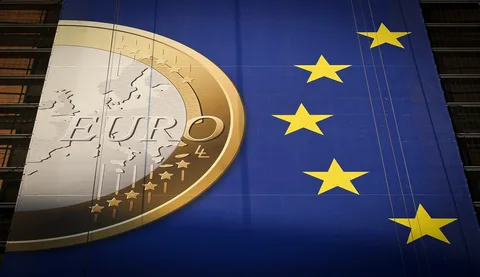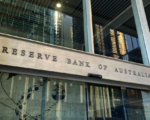European households are accumulating savings at a significant rate, dampening the expected boost to the economy despite recent income growth. This savings trend, which counters typical consumer spending behavior during periods of income increase, has economists questioning whether a long-term change may be underway, one that could stall Europe’s economic recovery.
Currently, households in the eurozone save an average of 15.7% of their disposable income, a notable rise from pre-pandemic levels of around 12%. This increase has been observed across Europe, including in the UK, where the savings rate is at 10%. By contrast, U.S. consumers have been spending more confidently, with savings rates there declining, driven by confidence in growth.
Some experts believe this savings increase is temporary, motivated by consumers looking to rebuild financial stability after recent high inflation rates. Heightened living costs, energy price volatility, and war in Ukraine have created ongoing financial uncertainty, prompting families to hold more cash as a buffer. Others suggest structural shifts might underlie this trend, with recent crises like the pandemic and geopolitical instability prompting more conservative long-term saving behavior.
Moreover, cautious economic outlooks and fears around climate change, deglobalization, and aging workforces add to consumer hesitation. A survey by the German Savings Banks Association illustrated this sentiment: when asked what they would do with an unexpected 500 euros, most consumers indicated they would save it, reflecting an ingrained cautious outlook that spans both younger and older generations.
Despite a generally slow rise in household spending (just 0.1% in the EU for the last quarter), some positive signs are emerging. Lower interest rates and reduced inflation—now nearing 2%—might encourage consumers to reduce savings and spend more. Meanwhile, labor market stability, characterized by steady demand for skilled workers and manageable vacancy rates, supports consumer confidence. European Central Bank officials have noted these trends, with ECB member Martin Kazaks suggesting that current household confidence could indicate a peak in savings rates.
While Belgium’s central bank governor Pierre Wunsch sees a potential economic recovery beginning by 2025, possibly exceeding expectations, much hinges on whether consumers regain confidence in their financial outlook.

















